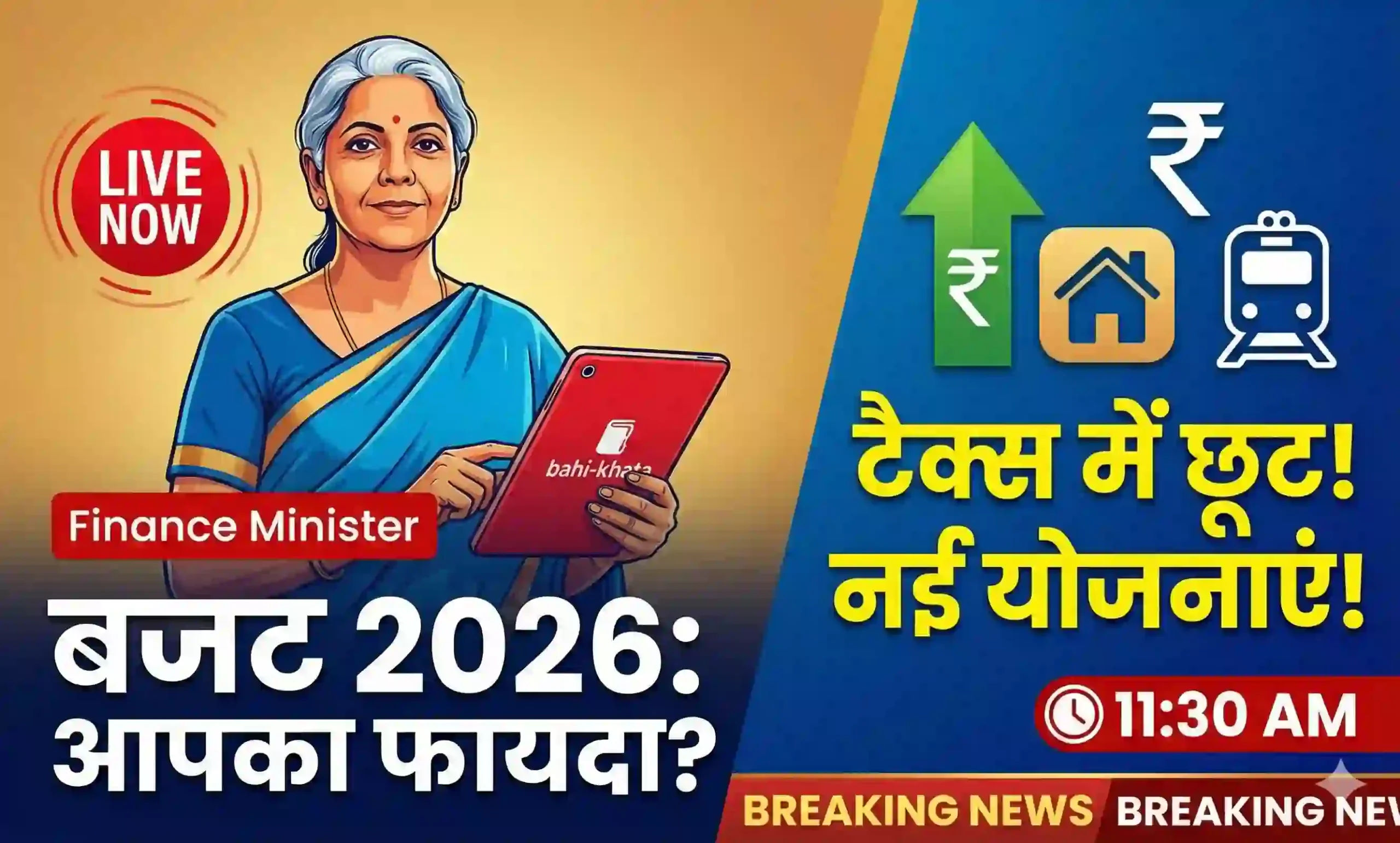|
Getting your Trinity Audio player ready... |
When it comes to purchasing products or services on EMI (Equated Monthly Installment), consumers in India often face a dilemma: should they opt for No Cost EMI or Standard EMI? Both options have their benefits and drawbacks, and it’s essential to understand the differences to make an informed decision.
What is No Cost EMI?
No Cost EMI is a type of EMI plan that allows consumers to purchase products or services without paying any interest or additional charges. This means that the consumer only pays the actual price of the product or service, divided into equal monthly installments.
What is Standard EMI?
Standard EMI, on the other hand, is a type of EMI plan that charges interest on the borrowed amount. This means the consumer pays the actual price of the product or service plus interest, divided into equal monthly installments.
Key Differences Between No Cost EMI vs Standard EMI in India 2024
Here are the key differences between No Cost EMI vs Standard EMI in India 2024:
- Interest Charges: No Cost EMI does not charge any interest, while Standard EMI charges interest on the borrowed amount.
- Total Cost: No Cost EMI has a lower total cost compared to Standard EMI since there are no interest charges.
- Eligibility: No Cost EMI is often available only for select products or services and may require a minimum purchase amount. Standard EMI, on the other hand, is widely available for most products and services.
Benefits of No Cost EMI
Here are the benefits of opting for No Cost EMI:
- Zero Interest Charges: No Cost EMI does not charge any interest, making it a cost-effective option.
- Lower Total Cost: No Cost EMI has a lower total cost compared to Standard EMI.
- Flexibility: No Cost EMI plans often offer flexible repayment options, making it easier to manage your finances.
Benefits of Standard EMI
Here are the benefits of opting for Standard EMI:
- Wider Availability: Standard EMI is widely available for most products and services.
- Flexibility: Standard EMI plans often offer flexible repayment options, making it easier to manage your finances.
- Easy Approval: Standard EMI plans often have easier approval processes compared to No Cost EMI.
How to Choose Between No Cost EMI vs Standard EMI in India 2024
Here are some tips to help you choose between No Cost EMI and Standard EMI:
- Calculate the Total Cost: Calculate the total cost of the product or service, including interest charges, to determine which option is more cost-effective.
- Check the Eligibility Criteria: Check the eligibility criteria for No Cost EMI and Standard EMI to determine which option is available to you.
- Consider Your Financial Situation: Consider your financial situation and determine which option is more suitable for your needs.
Conclusion
In conclusion, No Cost EMI vs Standard EMI in India 2024 are two popular options for consumers who want to purchase products or services on EMI. While No Cost EMI offers zero interest charges and a lower total cost, Standard EMI offers wider availability and easier approval processes. By understanding the differences between these two options and considering your financial situation, you can make an informed decision that suits your needs.
FAQs
What is the interest rate for Standard EMI?
The interest rate for Standard EMI varies depending on the lender and the product or service. Typically, the interest rate ranges from 12% to 24% per annum.
Is No Cost EMI available for all products and services?
No, No Cost EMI is often available only for select products or services and may require a minimum purchase amount.
Can I convert my Standard EMI plan to No Cost EMI?
It depends on the lender and the product or service. Some lenders may allow you to convert your Standard EMI plan to No Cost EMI, while others may not.









